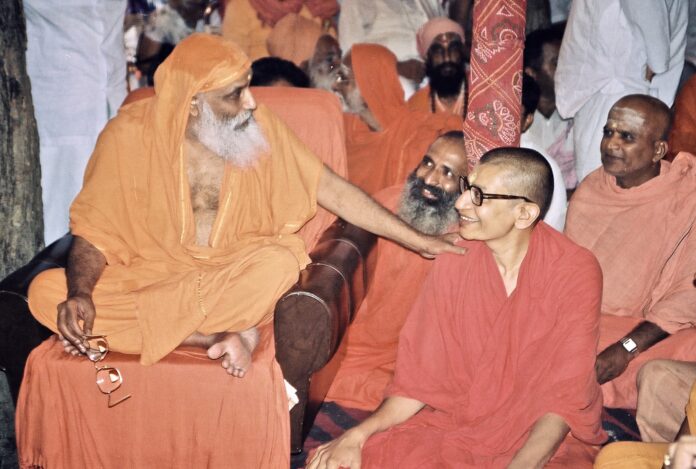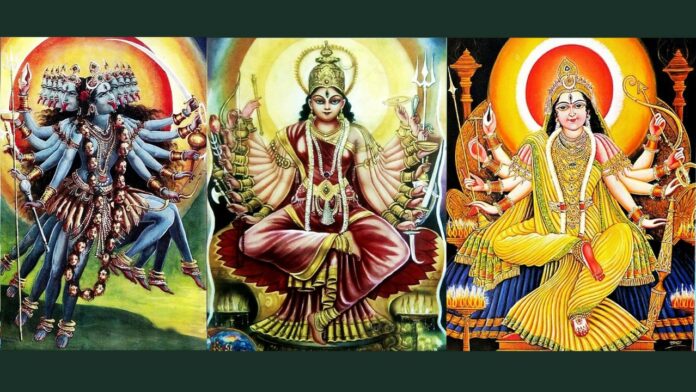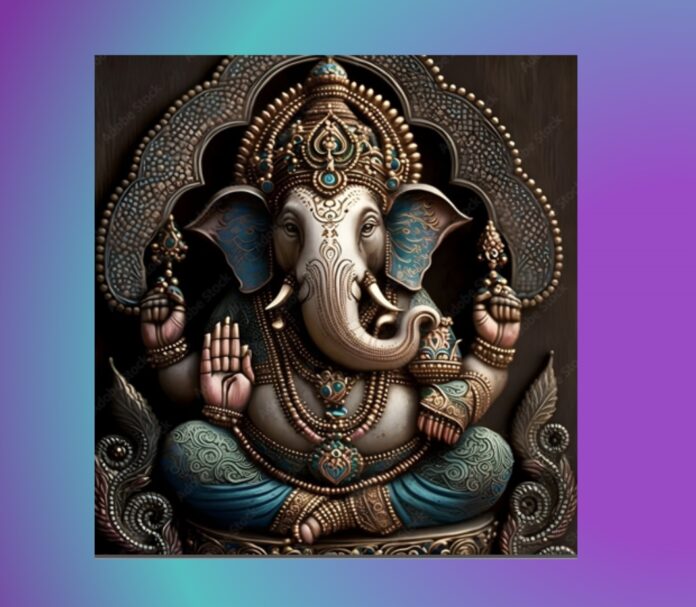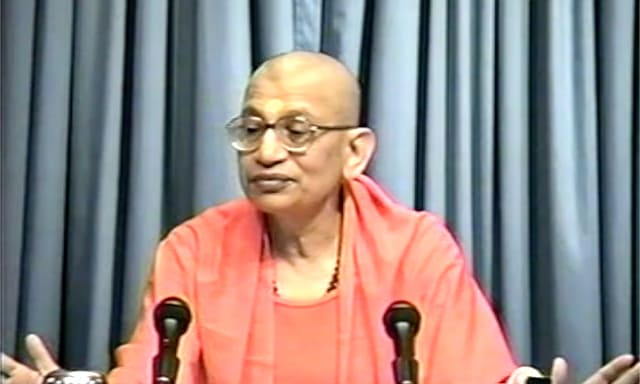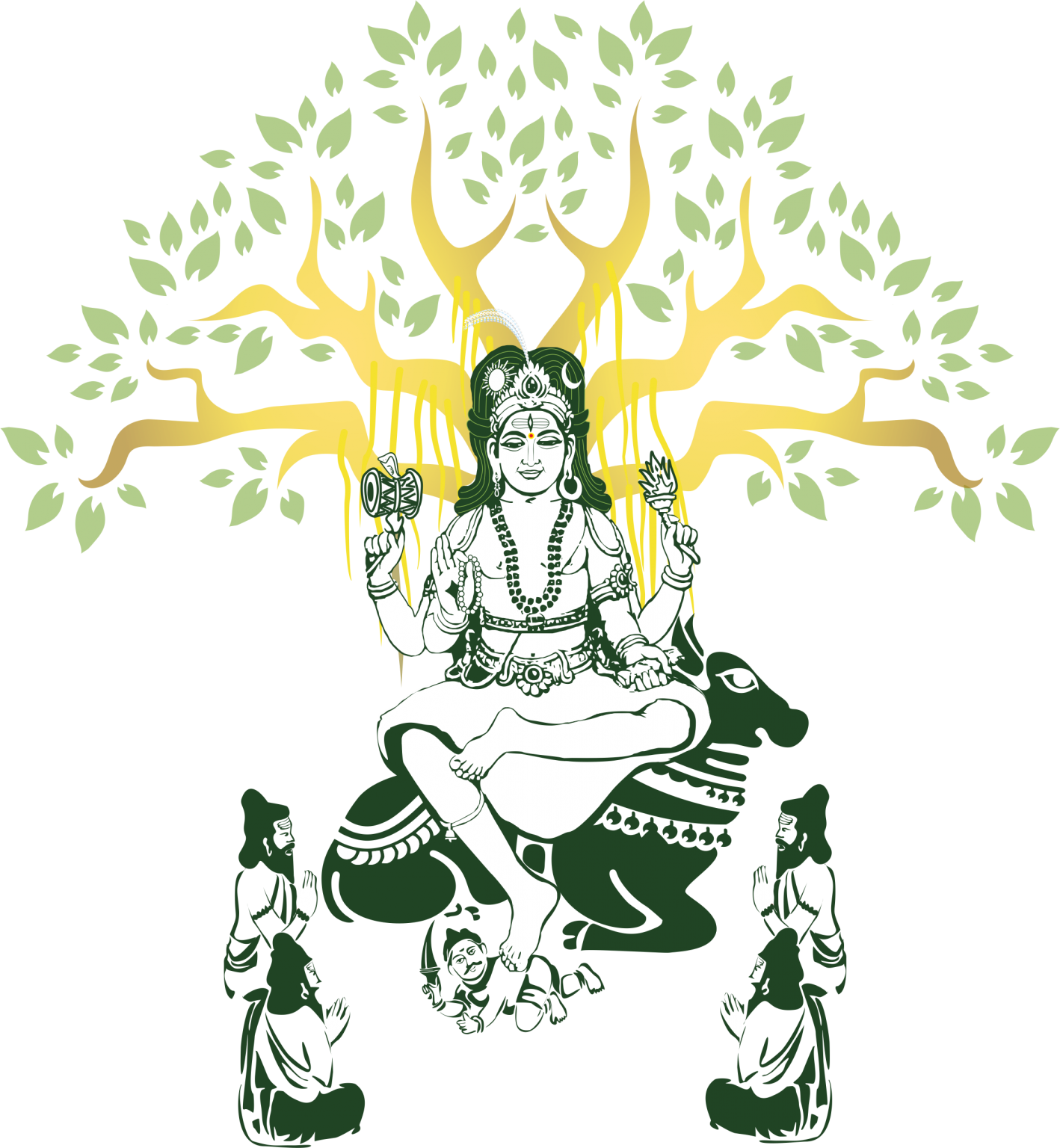Satsang with Sri Swami Viditatmananda Saraswati
Satsang transcribed by Chaya Rajaram and Jaya Kannan. Edited by Jayshree Ramakrishnan and Krishnakumar (KK) S. Davey.
Question
What is the nature of happiness? How do I know that I am happy?
Answer
Happiness is a state of mind. When our mind is happy, we experience it immediately; it is something evident to us. We need no verification of this state from anybody else. How do we know whether we are happy or not? Whether we are happy or unhappy is known to us by our own experience. We are always chasing happiness. We want more and more of it because it seems to come and go. The happiness that we normally experience is limited. This happiness never satisfies us and so we are constantly in search of the elusive limitless happiness. Limitless happiness is our own nature, but we look for it in all places other than within our own selves. It is because of this that our chase for happiness never ends. An apt example would be that of the musk deer, which searches for musk everywhere, not knowing that the musk it seeks is right within itself. Therefore, we should own up to our true nature and live a life in which this happiness becomes progressively manifest.
Question
What happens when I discover that I am Brahman?
Answer
When I discover that I am Brahman, the notion that I am the doer of an action goes away. The one who performs all the karma is no more there. I discover that I am an action-less Self, that I am no longer an agent of the action, and that I am not accountable for the actions. A common example given to illustrate this is that of a dream. In the dream, I may have performed a variety of actions, but when I wake up the dreamer is gone, and the actions performed by him are also gone. When I am awake, I am not responsible for the actions performed by me in my dream. Similarly, when I wake up to my true nature, I am not accountable for my previous actions that were performed out of ignorance.
Question
What is mokṣa?
Answer
Mokṣa is the experience of total freedom, even as we are alive. What is bondage after all? What we call bondage is but a notion; it is a delusion. In fact, the ātmā or the Self is never bound; it is ever free. It is on account of our identification with our body or personality that we take all the limitations of the body upon ourselves and entertain this notion of a sense of smallness. I become liberated by the knowledge that my true nature is freedom. Thus, the one who is already liberated ‘becomes’ liberated. It is like the tenth man who has the notion that the tenth man is lost and, therefore, searches for him. His search for the tenth man is saṁsāra because it is an unending search; it will never conclude until he comes to know that he is the tenth man. It is not as though the tenth man is ‘produced’; it is merely his notion of not being the tenth man, which is corrected. Similarly, when all the notions that produce ignorance are dropped by the mind, there is nothing to bind us to that notion. Then, we discover that we are free. This is mokṣa.
Question
What happens to a wise person, who is liberated even while living, at the time of his death?
Answer
His subtle body will not enter another embodiment because he has no agenda; there is nothing to be accomplished. We take birth because we have things to accomplish. When the ultimate goal is reached there is no need to take on another embodiment. The subtle body has no need to take up another gross body. The Upanishad describes that the five subtle elements of which the subtle body is made disintegrate and merge into their respective sources. Therefore, there is no individuality that remains. There is no need for any individuality there. This is mokṣa.
